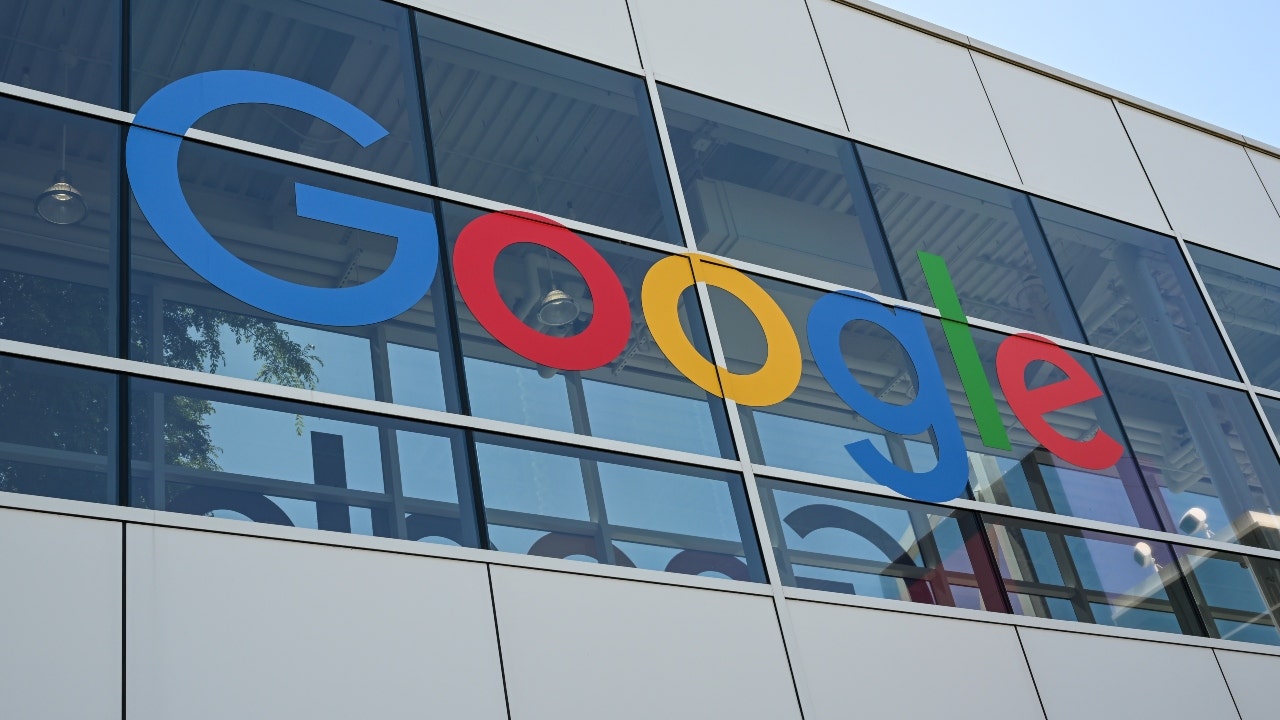... EPIC filed an amicus brief urging the Ninth Circuit to reverse a lower court ruling that Google was not liable for tracking Chrome users’ browsing data. EPIC argued that Google’s general terms of service disclaimers cannot override specific privacy promises made to Chrome users. Google contends that even when it explicitly promised its Chrome users heightened privacy protections, it doesn’t have to abide by those promises so long as it points to contrary terms in its general user agreement. At its core, this case is about what happens when a company claims to offer its users new privacy-protective settings, but then breaks those promises by continuing to invade user privacy. This case, which highlights Google’s misleading and extractive data practices, underscores why the law does—and should—require actual, meaningful consent. The Ninth Circuit should not enable Google, or any other company with similar practices, to continue disclaiming specific promises to limit data collection through conflicting disclosures in a general Privacy Policy.
...

EPIC Urges Ninth Circuit to Rebuff Google’s “Notice and Choice” Defense in Browser Tracking Suit
<p>Yesterday, EPIC filed an amicus brief urging the Ninth Circuit to reverse a lower court ruling that Google was not liable for tracking Chrome users’ browsing data. EPIC argued that Google’s general terms of service disclaimers cannot override specific privacy promises made to Chrome users. </p>

